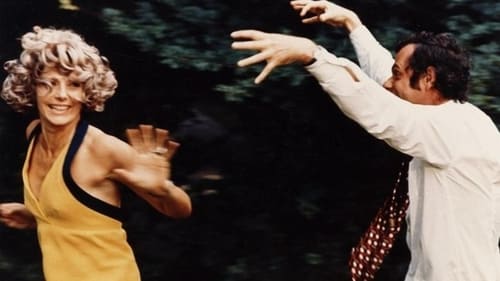
Director of Photography
After the death of his mother, middle-aged insurance employee inherits her small cottage surrounded by a garden. Selling the cottage which is situated on unexploited ground near the center of a big city makes him a rich man and he buys a big house in the countryside. He takes some time off and decides to throw a big garden party at the house and invite all his colleagues from the office. Aided by alcohol, the guests gradually lose all their inhibitions and reveal personality traits and frustrations that they normally keep hidden. Written by Markku Kuoppamäki

Director of Photography
A young man from the city goes on a picnic to the country with his family. They come upon a wedding party, and the young man falls in love with the bride. The girl is getting married for a number of reasons, but not for love.

Director of Photography

Director of Photography
George (Francois Simon) takes care of his invalid wife and holds down a full-time job. When an investment firm wipes out his life savings, the middle-aged George is soon forced into retirement for health reasons. George takes up a life of crime when the company turns his back on him and the money is gone overnight. He is soon driven to the brink of insanity over the unfortunate series of events that transpire. - Dan Pavlides

Director of Photography
Two guys facing problems in relationships and wondering about the living on the capitalist society.

Director of Photography
The film follows William, thirty-ish, out of work and looking for a new life after apparently having been thrown out of his previous one. He meets up with Noelle, who seems intrigued by his restlessness - until her economist boyfriend shows up. Yet plot details do little to convey the power of the film, which lay in its capturing the anarchic texture of William's life - a life whose lack of direction was read as a rebuke of the Swiss myth of orderliness and self-satisfaction. With his roots in documentary, Soutter excelled at creating a loose, vibrant cinema, full of quick zooms and dynamic hand-held shots, with dialogue that often alternated between outright quotations and stylized interviews.




